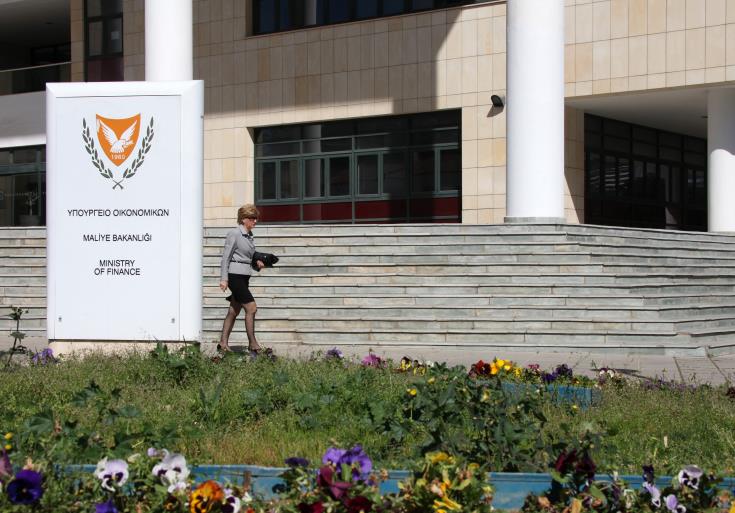Ten years after the financial crisis, Cyprus exited the European Commission’s excessive imbalances procedure (EIP) under the spring package of the 2023 EU Semester.
The EIP procedure shows that a member state is experiencing excessive vulnerabilities and is under enhanced surveillance to ensure compliance with EU fiscal rules.
An EU official in Nicosia said that Cyprus has already achieved its medium-term fiscal target, as the EU is poised to restore its fiscal rules as the Stability Pact’s escape clause will be terminated at the end of 2023.
“Cyprus has achieved significant progress, and it is on a path of gradual correction,” the official said.
The exit from the EIP was mainly due to the reduction of private debt from 250% of GDP in 2021 to 217% in 2022.
And the reduction of public debt by 14.5 percentage points to 85% of GDP in 2022, and the decline of the stock of non-performing loans (NPLs) to 5.2% under the Commission’s methodology.
Cyprus also improved its Net International Investment Position to -105.3% of GDP, excluding special purpose entities; it declined further to -40.9%.
The EU Commission recommended that Nicosia expedite its €1.1 bln National Recovery and Resilience Plan implementation as Cyprus has received just one disbursement so far, achieving 14 milestones of the plan’s 271.
The Finance Ministry welcomed the upgrade of Cyprus in the European Semester Spring Package.
“Cyprus is now classified as a country with existing macroeconomic imbalances instead of excessive macroeconomic imbalances.
“We also welcome the fact that the EU is seeing a significant decline in non-performing loans ratio while predicting that the decline will continue,” the ministry added.
It said that private debt, as a percentage of GDP, will continue to decrease, supported by nominal GDP growth and the deleveraging of households and businesses.
“At the same time, the EU records that the public debt is steadily decreasing and is expected to decrease further in 2023 and 2024.”
Also, the Commission sees ending the moratorium on foreclosures as positive since it is expected to encourage borrowers to participate in restructuring their loans, leading to a further reduction in NPLs and freeing up resources to expand economic activity.
“The government will continue to promote measures to strengthen the economy’s competitiveness and expand the production base, ensuring macroeconomic stability and sustainability of public finances”.









